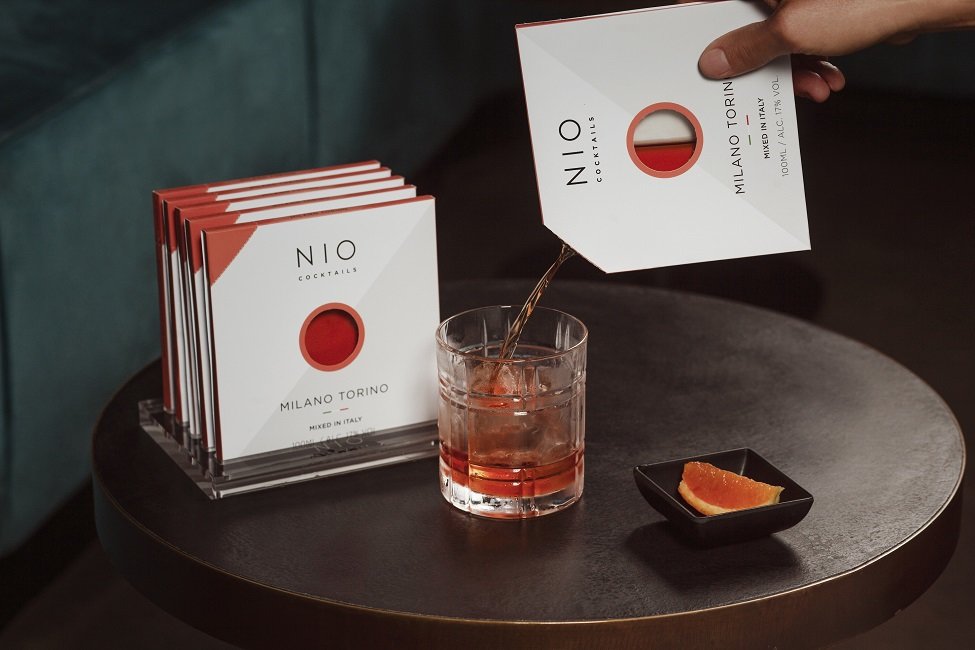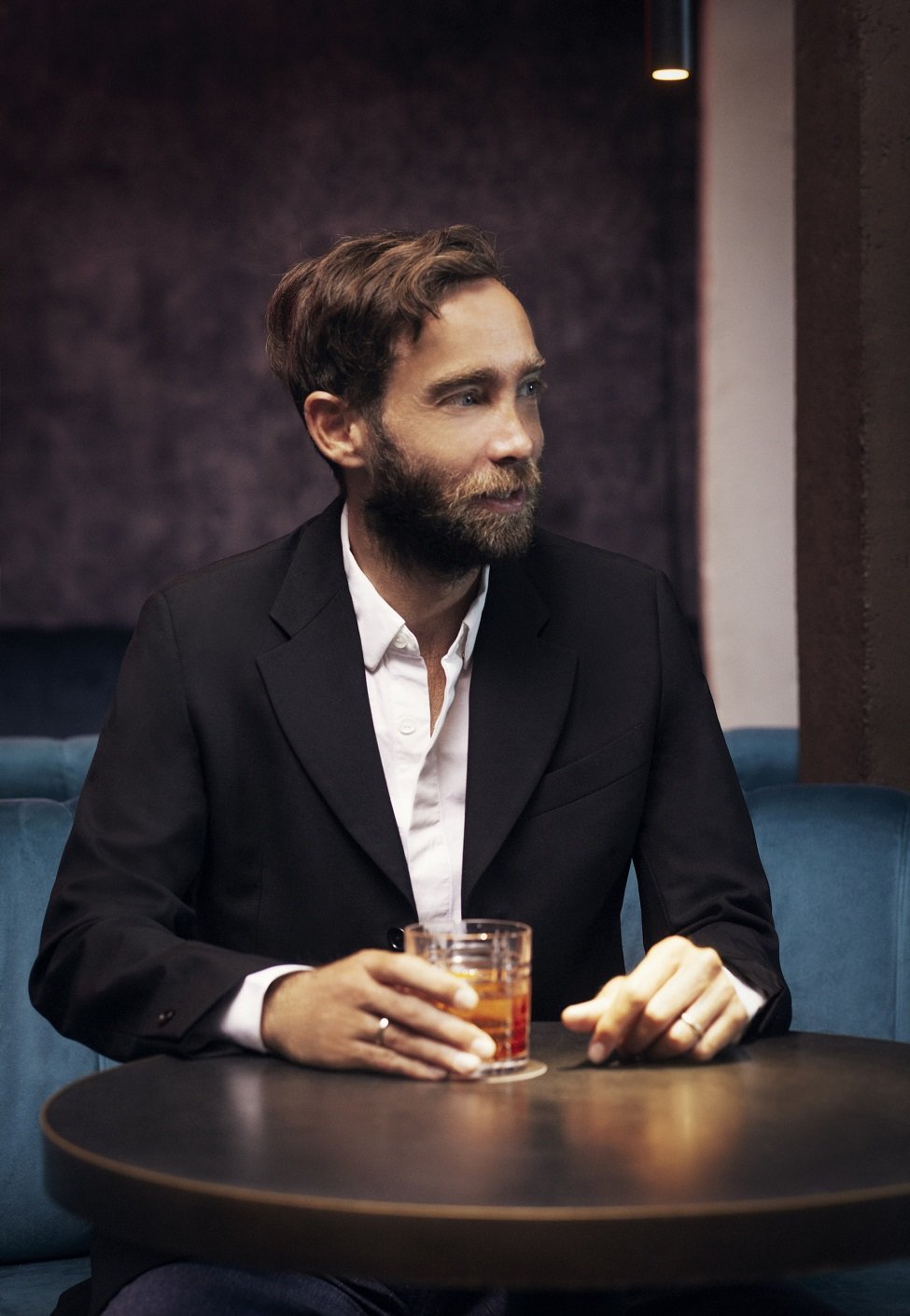
Interview - e-commerce
“We moved from sales of EUR700,000 in the year before COVID to EUR4m in 2020” – NIO Cocktails CEO Luca Quagliano
In March, Italian start-up NIO Cocktails teamed up with Rémy Cointreau for a pre-mix cocktail set featuring the latter’s Bruichladdich and The Botanist brands. Just Drinks spoke to co-founder & CEO Luca Quagliano to find out more.
Just Drinks: Where did the idea for the packaging come from?

Luca Quagliano CEO NIO Cocktails: The inspiration has been Nespresso, It's a different category, but when I thought about cocktails, I thought about entering an espresso store and having these cardboard packages with different colours that can help you distinguish one coffee from the other.
When we opened the UK branch, we decided to change the format of our boxes. In Italy, we had a bigger format with five and ten cocktails. But in the UK, we immediately understood that the strategy would have to be direct-to-consumer oriented, so we wanted to deliver our cocktails through the letterbox.
At first, I have to confess we didn't think very much about sustainability; that came out later as one of the most important benefits of our packaging, which comprises paper and plastic. I know plastic isn't the best solution, but the plastic we use is fully recyclable.
What’s your target market?
We wanted to target consumers who have medium-to-high spending power - people who buy a very good bottle of wine if hosting some friends at home or for themselves. Our target age is quite wide, from 25 to 75.
More than 50% of our customers are women: They're usually smarter in finding new trends. We need to understand if women are buying for themselves, as a gift for their partner or for friends.
We also found we had a wide B2B target market, such as restaurants, luxury hotels, travel, wine & spirits specialist stores, company events and corporate gifting.
The pandemic-induced lockdowns must have had a significant effect on your business.
You could see CBD brands - possibly Breckenridge or Sweetwater - or you may see another brand of ours. But, we woFor sure, COVID has been a great boost, because everybody was browsing the internet, looking for something to drink to forget what was going on. We moved from sales of EUR700,000 (US$766,260) in the year before COVID to EUR4m in 2020. Last year, our revenues hit around EUR6m.
The direct-to-consumer strategy was quite difficult in the beginning. It's a completely new product, very disruptive and not easy to understand. We found it quite hard to create a good customer base. But, COVID has been a great opportunity for cocktails.
Two years ago, 90% of our business was in Italy and 90% of that was B2B - Italy isn't a very e-commerce country. Fortunately, just before COVID started, we'd opened a branch in the UK, which is very e-commerce-familiar.uld utilise the infrastructure and the distribution of Sweetwater or Breckenridge.
You've managed to partner with large spirits brand owners, such as Rémy Cointreau and Diageo. How has this worked out?
We've noticed that many big spirits producers are attracted to what we do. For them, this is a way of keeping their brands young!
These big groups are fantastic at producing spirits and selling them through traditional channels. Over the last couple of years, though, it's been difficult to get brands straight to the consumer.
For us, these partnerships add value - we can use these brands' heritage and power to reach new consumers. So, yes, they've been working very well. We get a lot of requests!
What are NIO's plans for future growth?
So far, we've focussed on Italy and the UK, with direct-control operations. We've just opened another directly-operated division in Germany. We're targeting some markets that will be managed by local independent distributors. We've started the business in Norway, Switzerland, Australia and Japan and started 'test & learn' in California a few weeks ago.
The strategy is always the same; a mix of direct-to-consumer and B2B. In B2B, we try to keep our positioning quite premium - we don't sell into supermarkets, for example.
One of the main challenges is understanding consumer behaviour, finding the right tone of voice and the right way to attract them to buy our cocktails. That's the biggest challenge we're facing now.